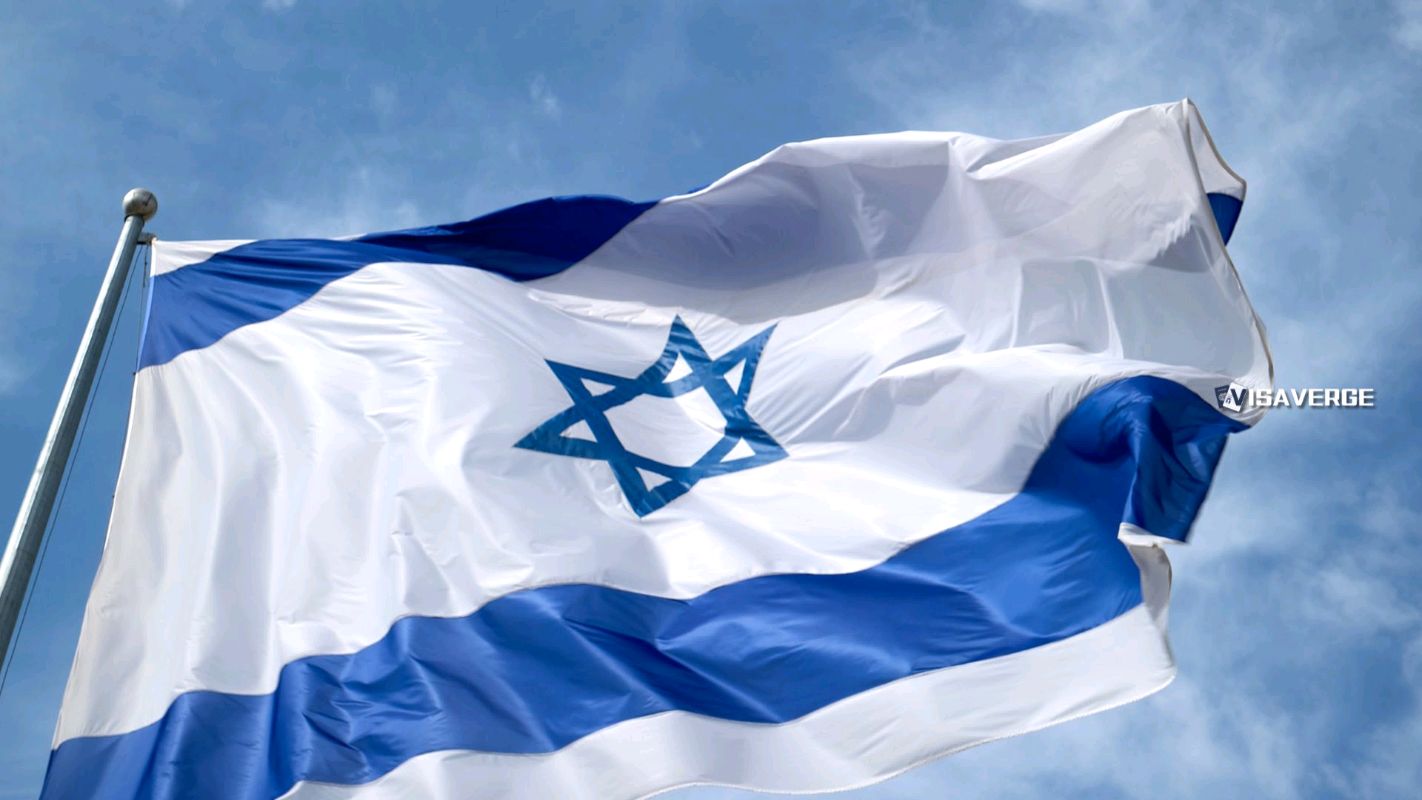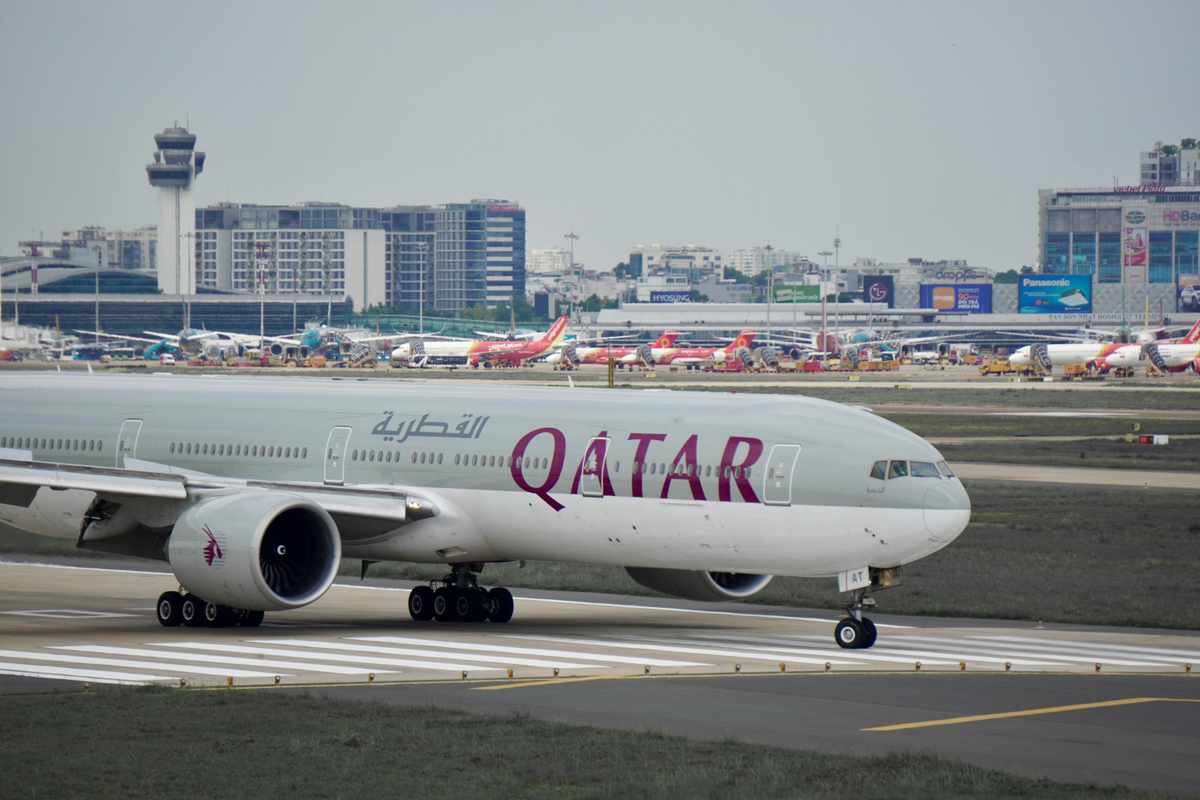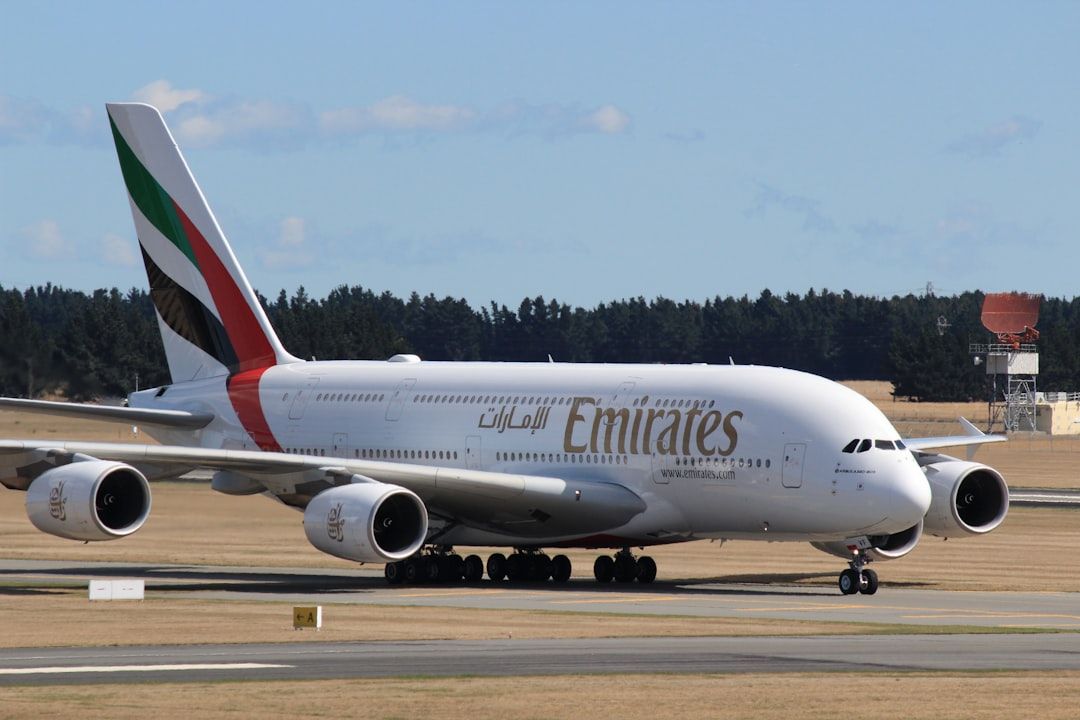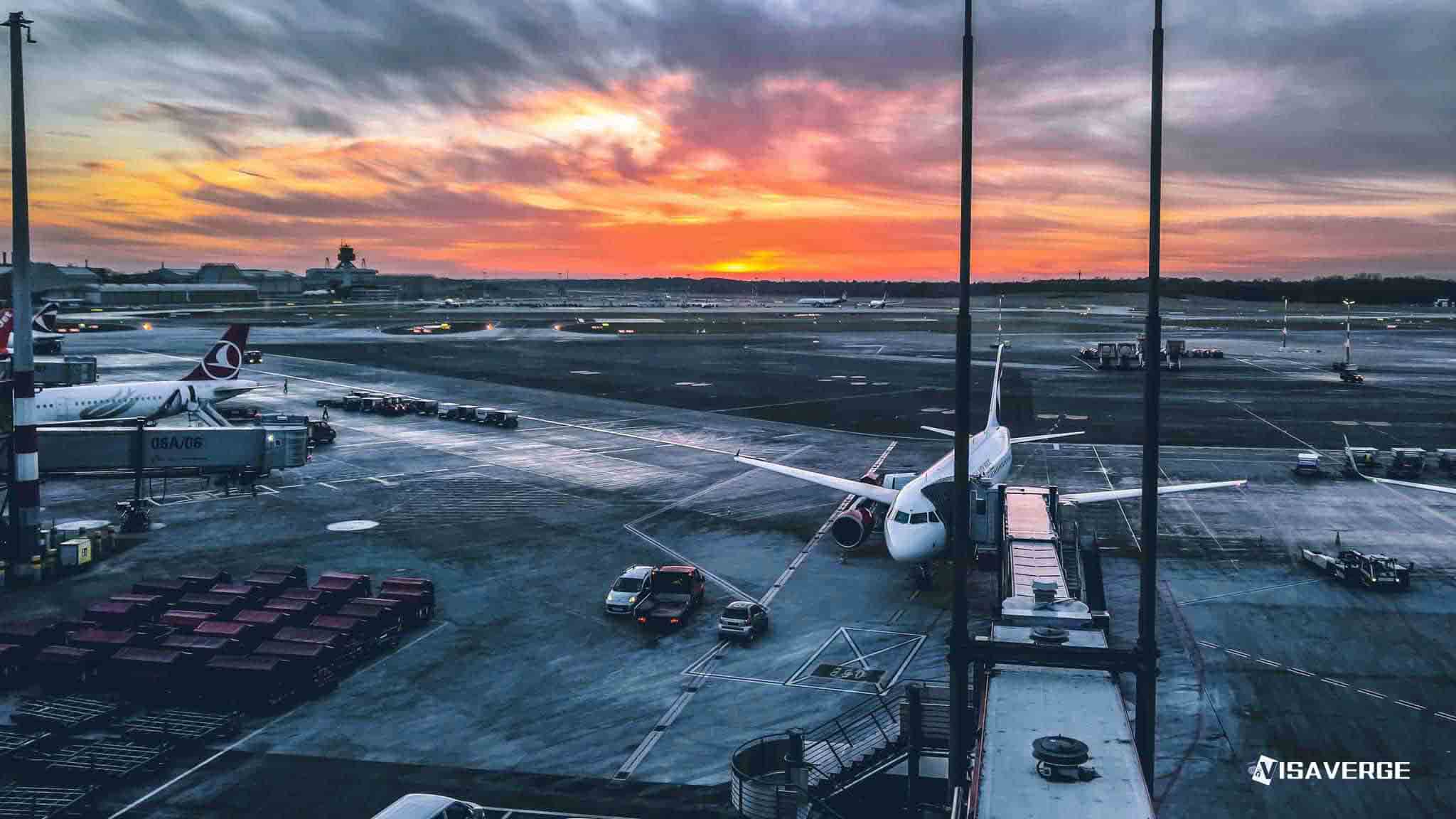(UNITED STATES (IMPLIED)) Israeli officials and many citizens say they will not travel to countries that have granted Palestine recognition as a state, a stand that has quickly become a flashpoint for Israel diplomacy and global travel.
The position, voiced after Hamas’s October 7, 2023 attacks and reinforced through 2025, casts recognition moves as a political affront that “rewards terrorism” and fuels a broader Hamas threat to Israeli security. Prime Minister Benjamin Netanyahu has said a Palestinian state will “never” be established under current terms, and senior figures, including Ambassador Danny Danon, have condemned recent recognitions as endangering Israel.

Israel and the United States have also boycotted summits and UN meetings where Palestine recognition dominates the agenda.
Recognition numbers and political stakes
By September 2025, 157 UN member states recognize the State of Palestine, including recent decisions by France, Belgium, Luxembourg, Malta, Andorra, the United Kingdom, Canada 🇨🇦, Australia, and Portugal.
- Israeli leaders argue this wave isolates Israel and undercuts efforts to pressure Hamas.
- Supporters of recognition say it reflects a long-delayed step toward a two-state outcome.
This diplomatic friction has shifted into everyday decisions: where Israelis feel welcome, where they feel safe, and where they will spend their money and time abroad.
Travel and visa ripple effects
The declared refusal by many Israelis to visit countries backing Palestine recognition is not a formal ban. It is a social and political stance with tangible travel and immigration ripple effects.
- Tour operators report cancellations.
- Israeli students are reconsidering study-abroad options.
- Families worry about tense encounters at passport control in transit hubs.
Key practical points:
- Entry rules vs. comfort: Israeli passport holders are watching entry rules, but the immediate impacts are more about comfort and perceived safety than formal visa changes.
- Dual nationals: Those with dual nationality may choose the passport that draws less attention in airports where recognition has spurred protests.
- Employers: Companies with cross-border operations fear employee reluctance to travel for meetings or conferences, complicating sales and compliance work.
Families feel the strain most:
- Parents worry a child with an Israeli school badge could face verbal abuse abroad.
- Graduate students juggle research access against campus politics.
- Older travelers rethink Mediterranean and European cruise ports, favoring destinations seen as less politically charged.
Diplomatic fallout and community impact
The political climate has hardened on multiple fronts.
- Israeli leaders portray recognition as a gift to Hamas and link it to broader security risks.
- Recognition supporters argue diplomacy—not boycott—is the better route to reducing violence.
With Israel and the United States boycotting related UN sessions, formal avenues for dialogue shrink even as more capitals move toward symbolic or full recognition.
Community-level effects:
- Jewish diaspora communities report worries about spillover harassment when host countries change policy.
- Palestinian communities feel more visible, but fear backlash that could restrict gatherings or public events.
- Travel patterns—who visits whom and which delegations attend—shape public perceptions and become proxy arenas for the standoff.
According to analysis by VisaVerge.com, recognition moves often carry second-order effects across:
- Visa policy
- University partnerships
- Research grants
These changes rarely occur overnight, but the trend is clear: personal mobility increasingly mirrors political choices.
Security, business, and missed informal diplomacy
Israeli officials are watching the UN calendar closely. Boycotts of meetings on Palestine recognition send a message, but they also reduce informal hallway talks that can be critical for easing tensions in other conflicts.
Business concerns:
- Extended absence from forums could close doors for Israeli startups seeking capital or market access.
- Airlines and tourism boards worry about sustained drops in Israeli bookings; route cuts or redeployments could follow.
- Hotels that once served Israeli tour groups may pivot to alternative markets.
- Study-abroad offices will revisit exchange balances if Israeli student participation declines in newly recognizing states.
Security guidance has been issued:
- Agencies urge citizens to track official warnings and avoid flashpoints where protests run hot.
- Travelers are advised to keep a low profile, consider private transfers, and choose hotels with robust security protocols.
Anecdote from travel agents: the leading question has shifted from “Do I need a visa?” to “Will I be safe in a country that has recognized Palestine?”
Important: Boycotts and travel discouragements are intended to signal disapproval and influence foreign governments, but they also risk penalizing ordinary people and reducing informal channels for diplomacy.
What travelers and employers can do now
- Check official travel advisories:
- Israel’s government posts updates reflecting real-time risk assessments. See the Israeli government travel warnings before booking.
- Plan layered itineraries:
- If a connection runs through a country tied to recent recognition, consider alternative routing to reduce delays or tense interactions.
- Keep documentation handy:
- Business letters, conference invites, and hotel confirmations may help at border checks where intent is questioned.
- Coordinate with hosts:
- Universities and companies can share campus or site security contacts to help visitors feel safer.
- Monitor event calendars:
- Large protests and high-profile summits can prompt sudden security changes and transit disruptions.
The broader human impact
Israeli officials emphasize that travel choices are meant to apply pressure and discourage steps they see as empowering Hamas. Critics counter that boycotts punish ordinary people in destination countries and may do little to change official policy.
Inside Israel, cabinet voices remain aligned against a two-state outcome under current conditions. Netanyahu’s rejection of a Palestinian state, echoed by senior diplomats, is framed as a national-security imperative tied to the memory of October 7.
Pro-recognition governments maintain their moves are about rights and a long-term peace strategy. Israeli leaders reply that recognition without hard guarantees risks inviting more violence.
For ordinary people, the rhetoric has tangible effects:
- School trips postponed
- Business deals paused
- Weddings moved to neutral venues
These choices reflect more than politics: they concern comfort, identity, and the basic wish to travel without fear.
In this moment, travel has become a barometer for a larger struggle over statehood, security, and the future map of the Middle East. As the recognition count grows and Israel’s diplomatic stance hardens, people are recalibrating both routes—and relationships—accordingly.
Frequently Asked Questions
This Article in a Nutshell
As of September 2025, 157 UN member states have recognized the State of Palestine, a diplomatic shift that Israeli leaders call a political affront tied to security concerns after Hamas’s October 7, 2023 attacks. Israel and the United States are boycotting summits and UN meetings where recognition is central. Although not a formal travel ban, many Israelis’ refusal to visit these countries has tangible effects: tourism cancellations, students rethinking study-abroad plans, and companies reluctant to send employees abroad. The stance raises community tensions, potential harassment risks, and business impacts for Israeli startups, airlines, and universities. Travelers are advised to follow official advisories, prepare documentation, consider alternative routes, and coordinate with hosts. The trend demonstrates how personal mobility increasingly reflects political choices, reducing informal diplomatic channels even as recognition grows worldwide.








